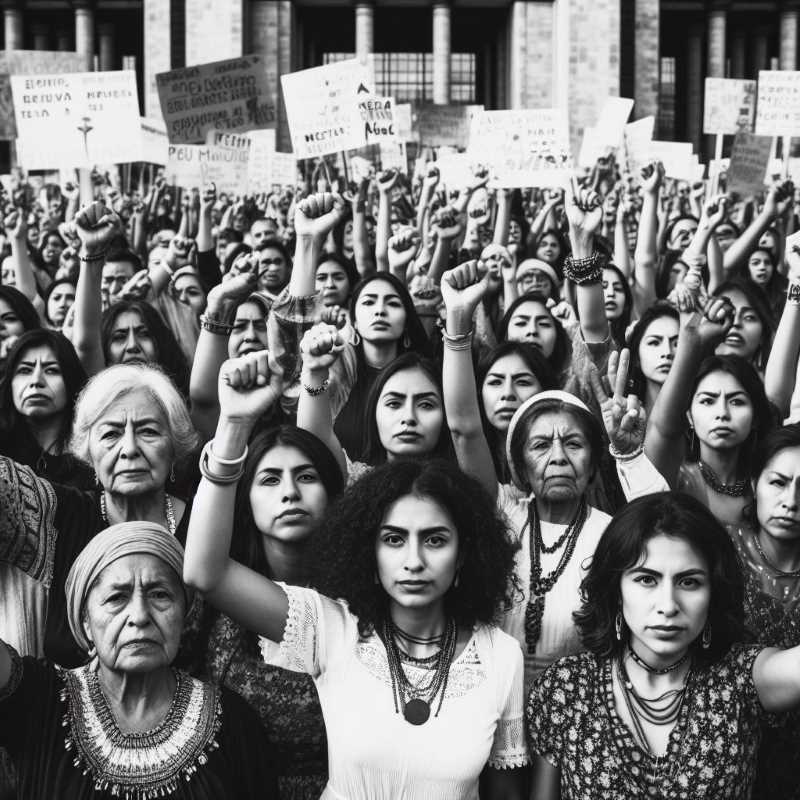How Women Won Back Their Place in Mexico's Law
Mexico's Constitution faced a battle over inclusive language. Initial reforms erased “woman,” threatening rights. Public outcry led to correction, ensuring women remain visible in the law. This highlights the power of language and the ongoing fight for women's visibility.

The year was 2021. A ripple of controversy coursed through the halls of the Mexican Senate. Constitutional reform had been brewing, with promises of eliminating “sexist language” – a noble intention, indeed. However, the devil, as is often the case, lurked in those well-intentioned details.
Senators, in their haste, had scrubbed the very terms “man” and “woman” from the Constitution's Articles 30 and 34. In their place stood the sterile, faceless word “persons.” Like a linguistic Thanos, this seemingly harmless act snapped away half of Mexico's population from its highest law. The erasure, though subtle, echoed ominously.




